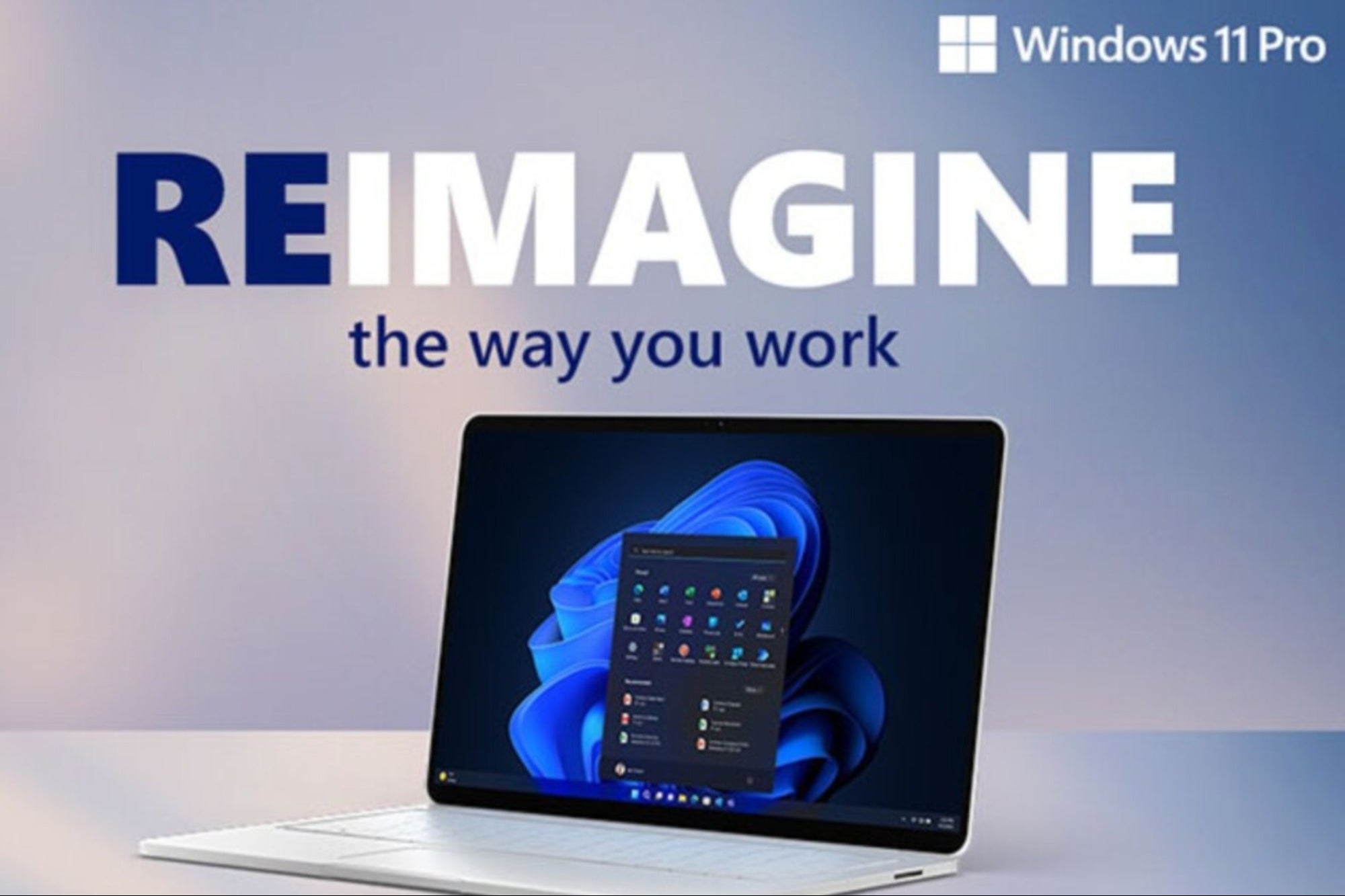Why You Need to Understand Ecommerce Trends to Prepare Your Business for the Future Ecommerce is changing the way customers are doing business and their perceptions on product value. Preparing for this may be the difference between the failure or success of your business.
By John Solomon Edited by Kara McIntyre
Opinions expressed by BIZ Experiences contributors are their own.
Ecommerce is a growing force in the modern economy. While the popularity of online shopping was growing prior to 2020, the recent pandemic accelerated that growth exponentially. It is estimated that through 2020-2021, an additional $218.53 billion was added to ecommerce sales just in the United States due to the pandemic.
In 2021 alone, ecommerce sales by United States sellers reached a total of $870.78 billion. This was a number that economists predicted would not be possible until 2023. In total, almost $4.9 trillion was spent worldwide on ecommerce in 2021.
Ecommerce continues to prove to be a lucrative and vital part of the future economy, but sectors are already being impacted by the juggernaut differently. By understanding the trends of today and seeing where they are headed, you can better prepare yourself and your business for future success in ecommerce.
Related: Why You Should Bet On the Future of Ecommerce
Ecommerce, Mcommerce and analytic AI
The most important trend in ecommerce today is the increasing number of people engaging in online shopping. More engagement means more potential customers and a more diverse base of customers with unique interests and needs. This creates a lot of opportunities for brands and companies looking to engage with ecommerce for the first time or reinvigorate their efforts.
Brand loyalty has decreased since the pandemic, driven partially by product scarcity, and consumers are now more willing than before to try new products and services. This is primarily in the consumer-packaged goods market, where customers are more inclined to take chances on fresh food and beverage brands. This is further supported, however, by a general rise in the number of people using e-commerce to purchase groceries, with some the sector seeing the equivalent of five years of growth within a five-month span.
The use of artificial intelligence (AI) to improve the shopping experience for users has also become an integral part of smart ecommerce strategies. By buying and collecting data, companies can tailor the shopping experience to individual users, providing them with product suggestions that meet their preferences and shopping history. The ever-improving analytical abilities of AI, as well as its growing ubiquity, have made this task even more manageable and more accessible to companies willing to invest in the technology.
Furthermore, mcommerce is another significant trend for businesses to pick up on. Referred to as mobile commerce or social commerce, mcommerce is the use of social media platforms to advertise and sell products. This is a subset of ecommerce and has been growing in popularity alongside social media itself.
Facebook and Twitter have both integrated ways for businesses to sell their products. In the United States, it has been reported that almost 40% of 2020 ecommerce sales were generated through mobile purchases.
Related: A Beginner's Guide to Building a Profitable Ecommerce Business
Trending upward despite setbacks
As mentioned above, the grocery sector has been a major beneficiary of ecommerce's growing popularity. Alongside that, the sale of recreational goods and home furnishings also increased during the pandemic, receiving a welcome bump via e-commerce transactions. Still, there are some doubts these sectors will continue to trend upward after the pandemic. However, these companies might still benefit from ecommerce in surprising ways. Home Depot, a popular home improvement chain, has seen success with its "rent online, pick up in store" program.
The medical sector is also seeing benefits from ecommerce. The popularity of mobile applications and websites has been transformative for telemedicine and medical consultations. Companies offering medical products with rapid delivery times have also seen success using e-commerce to reach and provide for those suffering from mobility issues. In some cases, patients no longer have to leave their homes to receive medicine or medical products.
One of the greatest beneficiaries of ecommerce's growth, however, has been small businesses. With the cost and technical know-how of maintaining online stores falling, startups and small businesses can effectively run a web store with global outreach.
Related: 5 Practical Tips For Small Businesses Making the First Steps Toward Ecommerce
Competition from small beginnings
The importance of ecommerce to the global economy is undeniable, as is the need for companies to adapt to its trends to maintain customer support and reach new heights of success. While large companies benefit from new technologies, one benefit of modern ecommerce is its force as an equalizer. Start-ups, small businesses, online mom-and-pop shops — they're all gaining a competitive advantage that simply wasn't feasible a decade ago.
The low barriers to entry and affordable operating costs make online stores and the tools of ecommerce accessible to nearly anyone. If you have an understanding of the market and its trends, you may have a formula for success.











